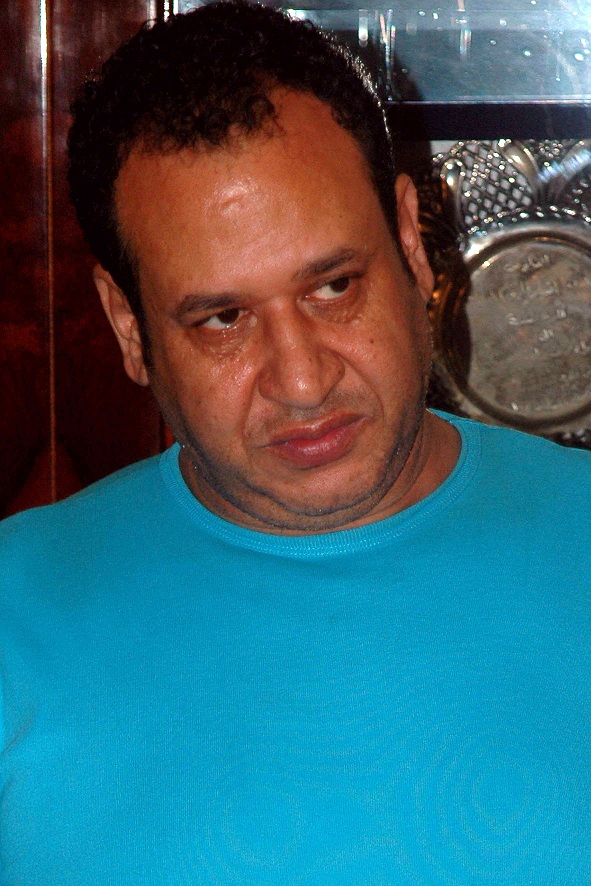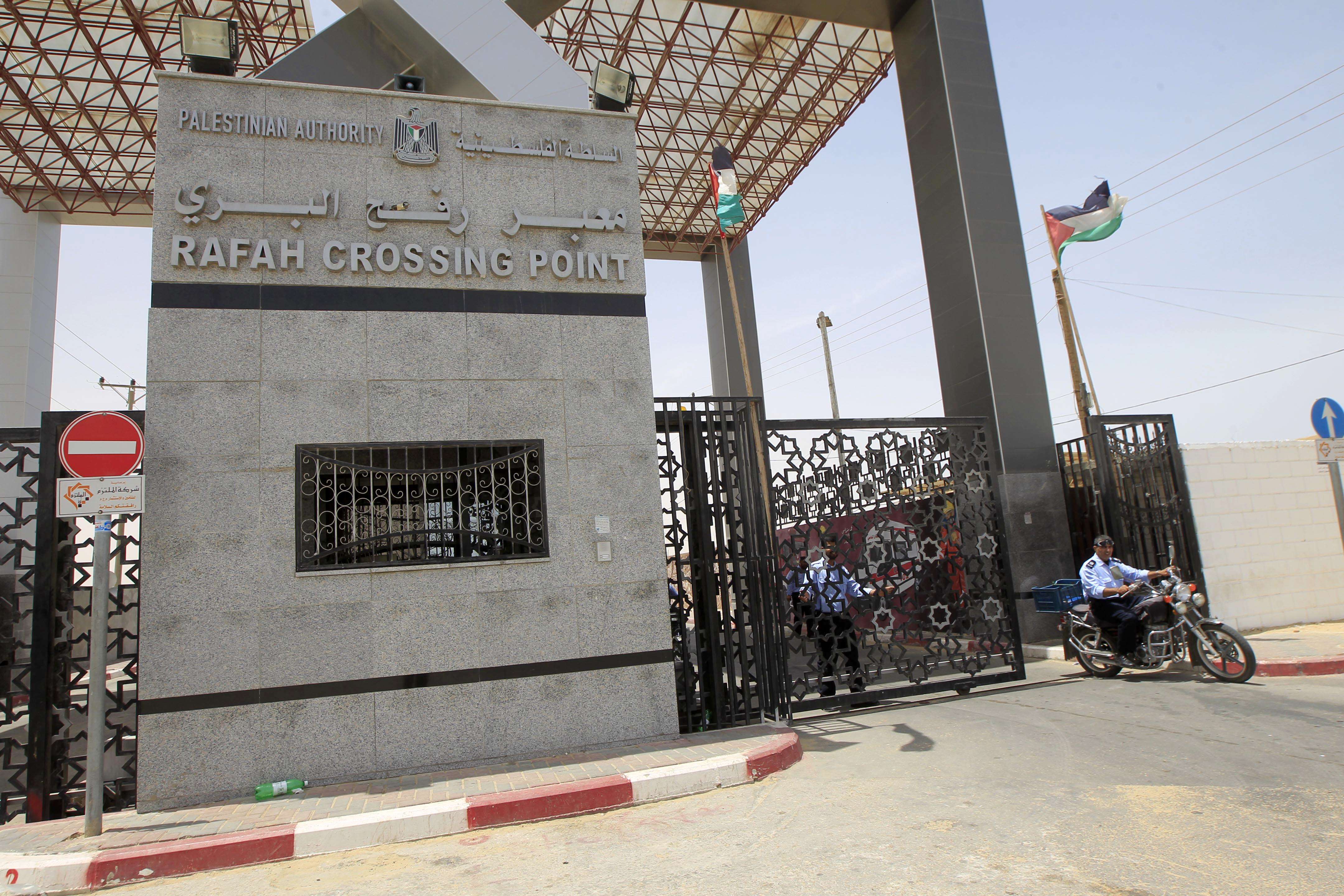USAID expands energy efficiency programme in Egypt
Egyptian businesses have received assistance in reducing energy consumption by 7%-28%
Sabry Helmy Nakhnoukh’s appeal rejected
Nakhnoukh’s 28 year prison sentence for crimes relating to drugs, forgery, and…
5,000 farming families face eviction in Alexandria
Egyptian Endowments Authority seeking to convert land into real estate investments
Suez lawyers strike over police assault claim
Lawyers were attacked by riot police inside court, says Lawyers Syndicate head
5 agreements signed between Egypt and Ethiopia
Targeted trade volume between both countries is over $5bn
Prosecution orders 35 detained on terror charges
Investigation ordered into “terror cells” with links to Syrian conflict
Rafah ‘elders and leaders’ to meet presidential council
Sinai residents to express vision for future and current issues following establishment…
Trade deficit drops by 22.5% year on year in July: CAPMAS
Imports and exports decrease by 18.8% and 12.7%, respectively
Egyptian actress Mariam Fakhr Eddine dies age 81
The actress died after complications in surgery to remove a blood clot
56 judges suspended over ‘Brotherhood support’
Judges referred to the disciplinary committee for signing pro-Morsi statement






